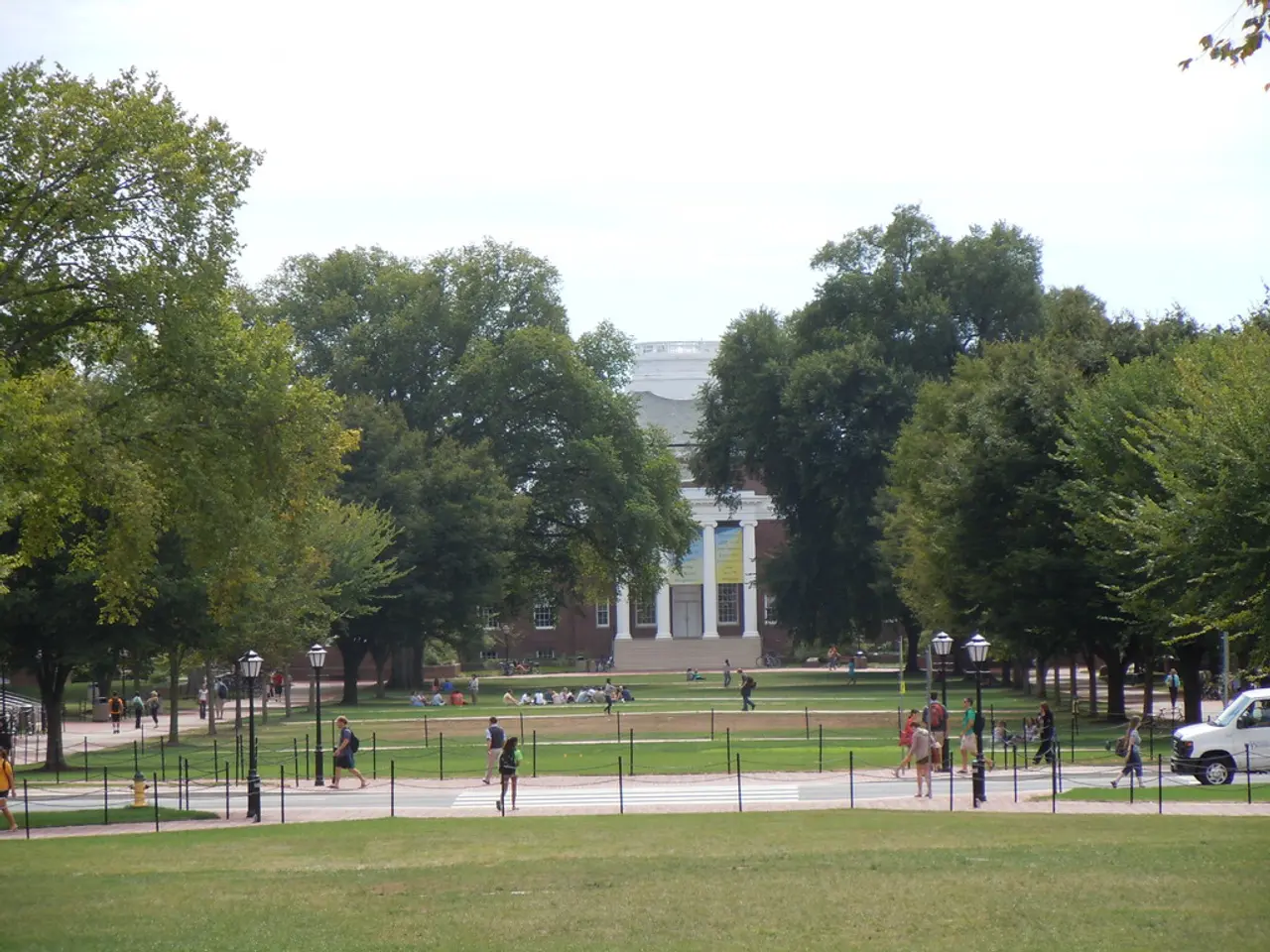Improving the Arrangement of Transfer from High School to University is Important
In a recent discussion, SPD state parliamentarian Sonja Bongers highlighted the pressing issue of students not being optimally prepared for university, with the school system being a significant contributor to this problem. This lack of preparation, she argued, leads to educational disasters directly impacting universities, and contributes to unequal opportunities in higher education.
To address these issues, Bongers proposed several key strategies.
**Addressing Teaching Staff Shortages**
One of the main challenges in preparing students for university is the teacher shortage. Bongers suggested implementing faculty development programs, which would support teacher training and retention, and foster mentorship opportunities for new faculty members. Additionally, she advocated for the use of innovative teaching models, such as online lectures and blended learning, to supplement teaching during staff shortages. Collaborative partnerships between schools, universities, and community organizations were also proposed to provide resources and support for teaching staff.
**Enhancing Essential Learning Content**
Bongers emphasized the need for curriculum reform to align with the needs of the modern workforce, incorporating life skills such as communication, problem-solving, and time management. She also suggested integrating mental health literacy into academic programs, and encouraging interdisciplinary approaches to learning that promote critical thinking and adaptability.
**Developing Independent Learning Skills**
The ability to navigate a university, independent learning skills, and basic mathematics competencies are often lacking among students transitioning from school to university. Bongers proposed implementing self-directed learning initiatives, such as peer-led support groups and independent study projects, to encourage students to take ownership of their learning. Comprehensive orientation programs focusing on academic and personal support for first-year students were also suggested, as well as the use of digital tools to facilitate personalized learning pathways.
**Ensuring Equal Opportunities**
To promote equal opportunities, Bongers advocated for inclusive support services that acknowledge and address the diverse needs of students, including socio-economic and cultural backgrounds. Financial aid and scholarships were proposed to provide assistance to students who may face barriers to accessing higher education. Cultural sensitivity training was also suggested to ensure a more inclusive learning environment.
By implementing these strategies, educational institutions can better prepare students for success in higher education, reduce dropout rates, and promote equal opportunities for all students. Central study counseling services at universities could also become more present at schools through information events, providing a continuous monitoring and broad evaluation of the reasons for study delays, doubts, and dropouts.
In conclusion, the school-to-university transition is significantly impacted by the current state of education in schools. By addressing teaching staff shortages, enhancing essential learning content, developing independent learning skills, and ensuring equal opportunities, we can work towards a more efficient and equitable higher education system.
To achieve optimal university readiness and promote a more efficient higher education system, it's crucial to focus on education-and-self-development aspects such as learning, addressing teaching staff shortages, enhancing essential learning content, developing independent learning skills, and ensuring equal opportunities.
Promoting faculty development programs, incorporating innovative teaching models, and integrating interdisciplinary approaches to learning are essential components for addressing teaching staff shortages and the lack of optimal university preparedness.
Source: SPD State Parliamentarian Sonja Bongers' proposed strategies for addressing challenges in preparing students for university.




